In the rapidly evolving educational landscape, STEM (Science, Technology, Engineering, and Mathematics) and STEAM (adding Arts to the mix) have become essential approaches to prepare students for the future. These fields foster innovation, creativity, and critical thinking skills that are vital in today’s workforce. Schools must adopt and implement the latest trends in STEM and STEAM education to provide students with a well-rounded, future-ready education. Here are the key trends schools should embrace to stay ahead.
1. Integration of Arts into STEM (STEAM)
Adding the arts into traditional STEM subjects transforms learning by encouraging creativity alongside scientific inquiry. STEAM activities engage students in design thinking, problem-solving, and artistic expression, helping them develop well-rounded skills. Art-related projects can also enhance understanding in engineering, mathematics, and technology by fostering a creative approach to problem-solving.
2. Project-Based Learning (PBL)
Project-Based Learning allows students to work on real-world problems by creating practical solutions through hands-on projects. This method not only enhances students’ problem-solving skills but also teaches collaboration, critical thinking, and how to apply academic concepts in real-world scenarios. PBL is especially effective in STEAM education because it integrates multiple subjects, reinforcing the connections between science, technology, engineering, art, and math. Explore more
3. Coding and Computer Science Integration
As technology continues to dominate industries, coding has become an essential skill for students. Schools are increasingly introducing coding programs from early grades through high school. Platforms like Scratch, Python, and Java provide an entry point for students to learn programming concepts. Coding is no longer limited to computer science classes; it’s increasingly integrated across the curriculum, fostering logical thinking and digital literacy.
4. Robotics and Artificial Intelligence (AI)
Robotics education is gaining traction in STEM and STEAM labs worldwide. Building and programming robots teaches students the fundamentals of engineering, coding, and physics, while sparking creativity and innovation. AI is also entering classrooms, with lessons focusing on its ethical implications and future applications. By learning about AI and robotics, students can understand how these technologies are shaping industries and daily life.
5. Maker Spaces and Innovation Labs
Schools are increasingly creating “maker spaces” where students can experiment with ideas, tinker, and create using various tools and materials. These innovation labs allow students to engage in hands-on activities like 3D printing, woodworking, and crafting simple machines. Maker spaces are pivotal in encouraging experimentation, engineering skills, and collaboration, providing students with a dedicated environment to bring their creative ideas to life.
6. Focus on Sustainability and Environmental Education
Sustainability is becoming a key focus in STEM and STEAM education, with students tasked with designing eco-friendly solutions to modern-day challenges. Schools are encouraging projects like renewable energy generation, sustainable architecture, and water conservation efforts to teach students about environmental responsibility. This trend prepares students to be innovators in a world that increasingly demands sustainable solutions.
7. Incorporating Virtual Reality (VR) and Augmented Reality (AR) in STEM
Immersive technologies such as VR and AR are revolutionizing how students learn. These tools allow students to explore scientific concepts, historical events, and even space in an interactive, three-dimensional way. Whether dissecting virtual animals in biology or experiencing the solar system firsthand, VR and AR engage students by making learning more interactive and accessible.
8. Interdisciplinary Learning
STEM education is moving beyond isolated subject teaching. Schools are embracing interdisciplinary learning, where students explore connections between different subjects, such as physics and music or mathematics and art. This holistic approach allows students to see how subjects interact in the real world and fosters a deeper understanding of complex concepts.
9. Focus on Soft Skills Development
While STEM education is typically associated with hard technical skills, there is growing recognition of the need to develop soft skills as well. These include communication, leadership, collaboration, and critical thinking. Many schools now design STEM activities that require teamwork and problem-solving in groups, helping students develop the interpersonal skills needed for future success.
10. Personalized Learning with EdTech
The use of educational technology (EdTech) tools enables personalized learning experiences tailored to each student’s pace and ability. AI-driven platforms can evaluate students’ strengths and areas for improvement, creating tailored learning pathways. This trend facilitates more personalized, student-focused instruction, particularly in STEM subjects, where individual learners may need different types of support.
Bring innovation to your classroom today!
Ready to implement these trends in your school? Explore how Makers Muse can help bring hands-on, innovative STEM and coding experiences to your classroom today!

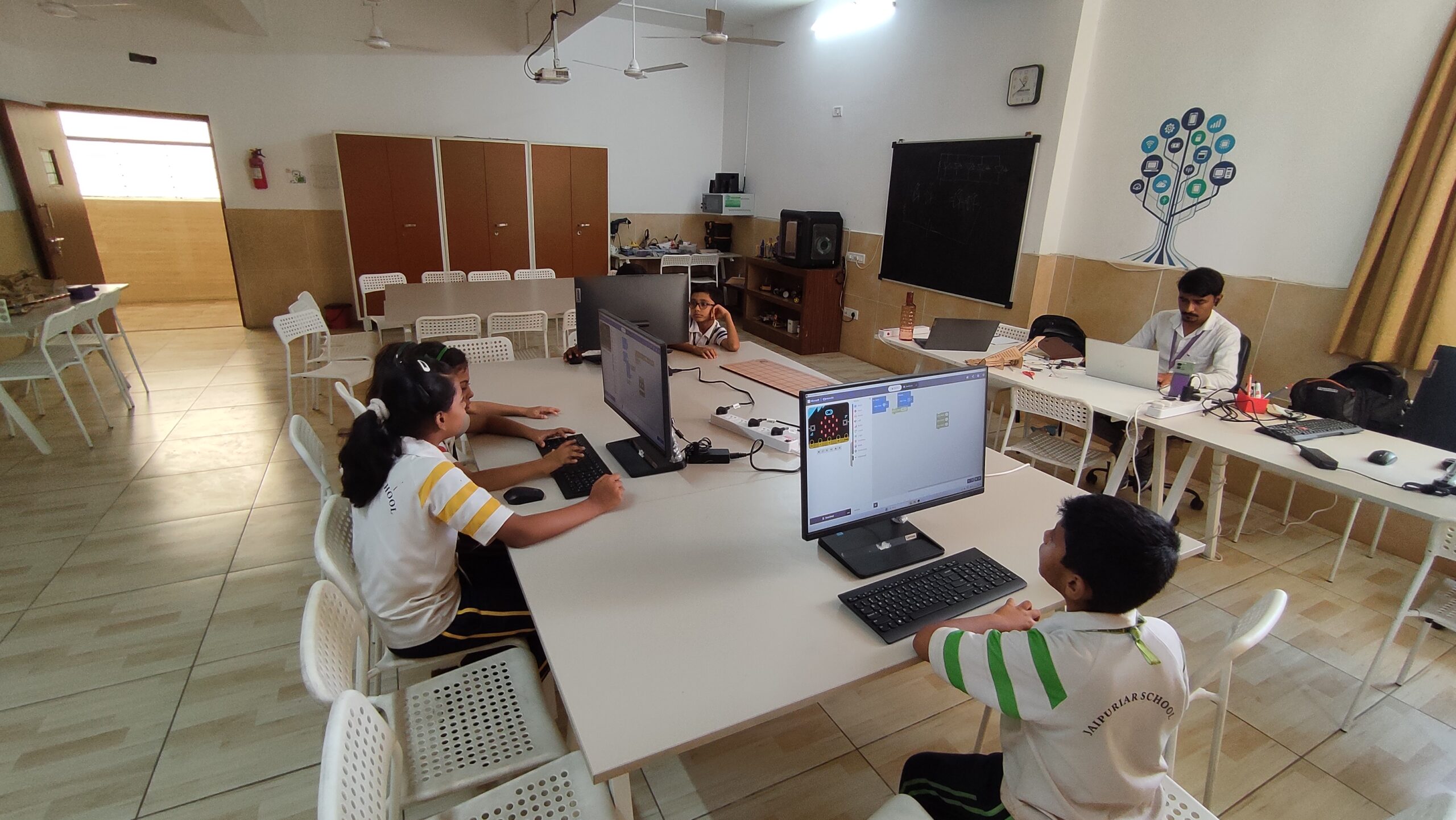


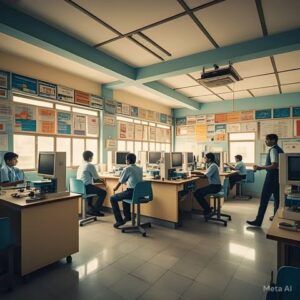
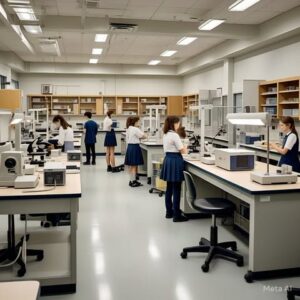
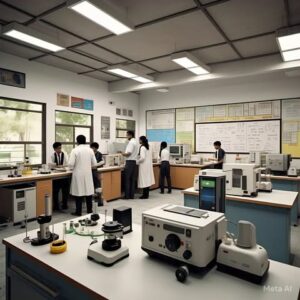


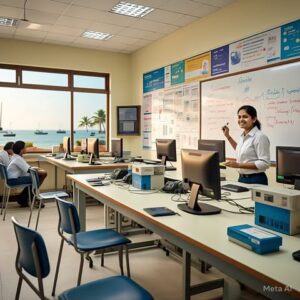
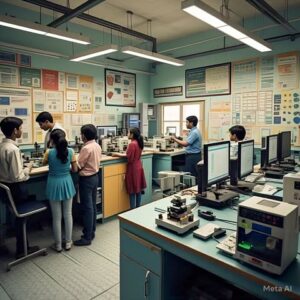
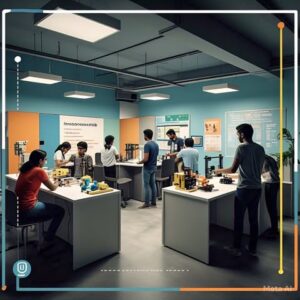
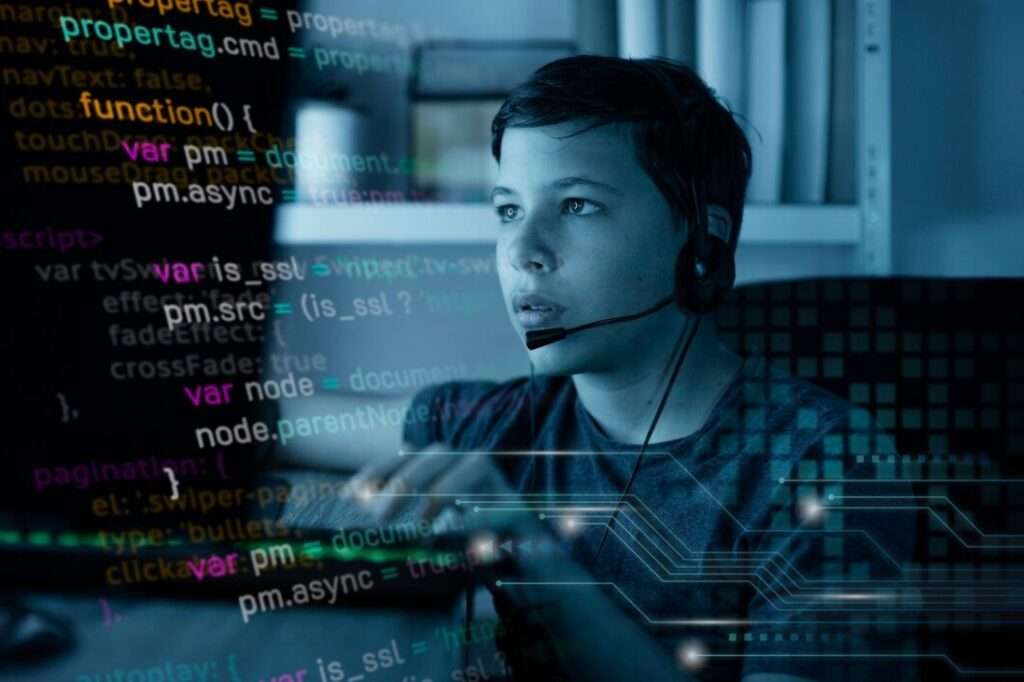
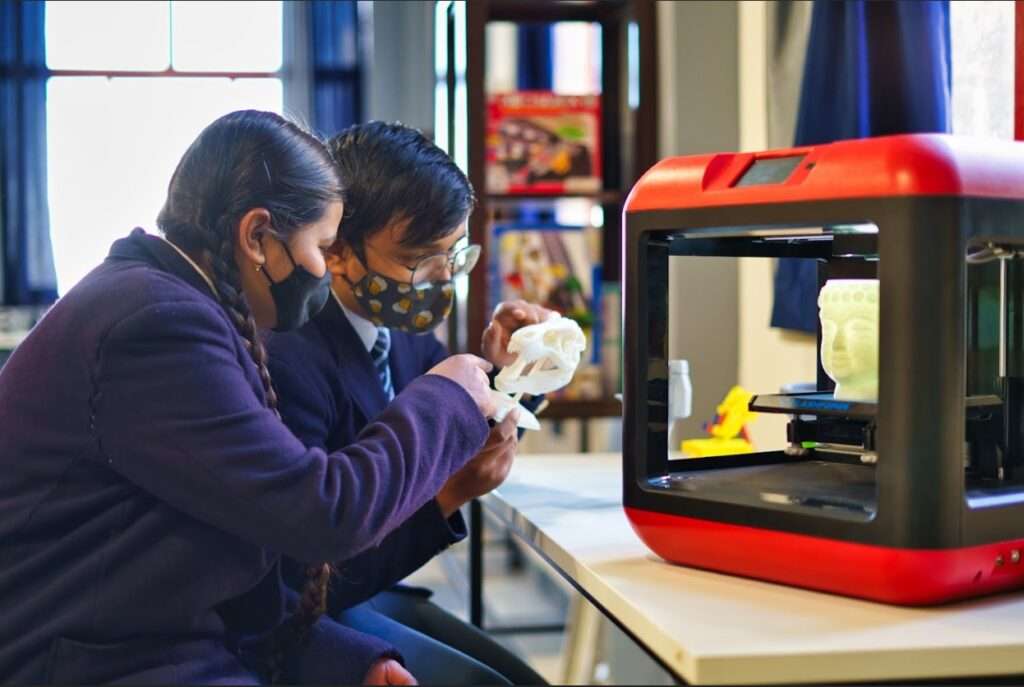
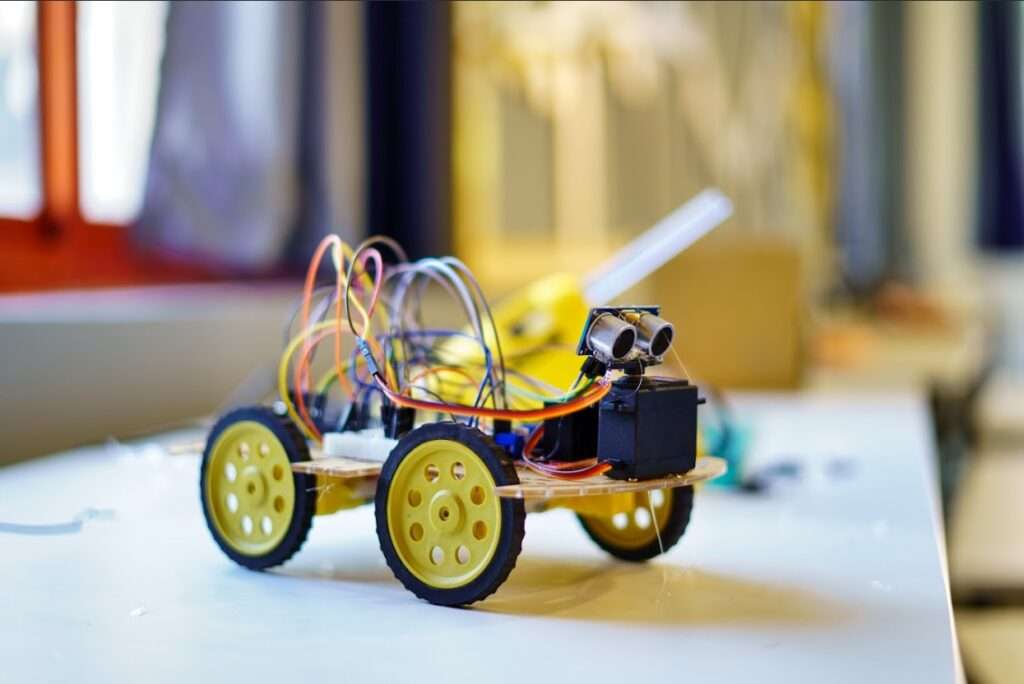

This Post Has 2 Comments
Thank you for another informative website. The place else may I get that type of info written in such an ideal method? I have a undertaking that I am simply now running on, and I’ve been on the glance out for such info.
Thank you for your kind words! Feel free to reach out to us at hello@makersmuse.in for more information or assistance with your project.